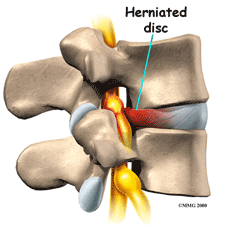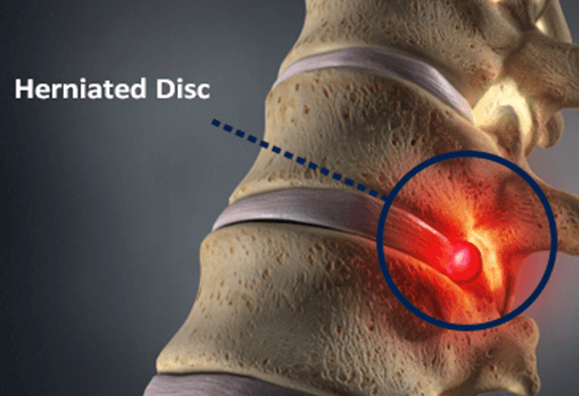Chiropractors: The Key to Unlocking Relief from Herniated Discs

Chiropractors: The Key to Unlocking Relief from Herniated Discs
Acting as shock absorbers for the spine, discs cushion the vertebrae. Composed of a tough outer layer (annulus) surrounding the nucleus, they function like tiny pillows. They are located between each spinal vertebrae, absorbing everyday impact to protect us from pain. When these cushion-like structures become herniated due to accident or wear or tear, it can cause severe discomfort. If the displaced fragment presses on nearby nerves, it is often the result of an early stage of degeneration. How Do Chiropractors Treat Herniated Discs from Car Accidents? Chiropractors treat herniated discs using a combination of manual adjustments, spinal manipulation, and other therapies. Treatment aims to alleviate pain and improve function by reducing pressure on the affected nerves. Manual Adjustments: Manual adjustments involve using the chiropractor’s hands to apply a controlled force to specific joints in the spine. The chiropractor may gently use their hands to guide the joint into a more normal position, or they may use a quick, high-velocity thrust to achieve the same goal. In cases of herniated discs caused by car accidents, the chiropractor may focus on the affected spinal segment and the surrounding segments to help alleviate pressure on the affected nerves and improve the movement of the affected area. They may also use other techniques, such as soft tissue therapy, mobilization, and exercise, to help alleviate pain and improve function. It’s important to note that manual adjustments are not recommended for everyone. The chiropractor will always consider the patient’s condition, medical history, and contraindications before proceeding with this treatment. Flexion-distraction Technique The flexion-distraction technique is a specific form of manual adjustment that chiropractors may use to treat herniated discs. Using a specialized table, it involves applying a gentle, sustained traction to the affected spinal segment. The flexion-distraction technique is performed with the patient lying face down on the table. The chiropractor uses a gentle pumping motion to distract (or stretch) the affected spinal segment. This distraction helps to create a negative pressure within the disc, which can help to reduce the bulging of the disc material and alleviate pressure on the affected nerves. The technique also involves gentle flexion of the affected spinal segment, which helps improve the affected area’s movement and alignment. It can help to reduce pain and improve function. Flexion-distraction is a gentle, non-invasive technique well-suited for patients with herniated discs with significant pain and nerve impingement. It’s important to note that this technique is not recommended for everyone. The chiropractor will always consider the patient’s condition, medical history, and any contraindications before proceeding with this treatment. Pelvic blocking This technique involves placing small blocks or wedges under the patient’s pelvis to help restore the proper alignment of the spine. During the treatment, the patient lies on their back while the chiropractor places the blocks under the pelvis. The blocks are positioned to help restore the natural curvature of the lower back, which can help to alleviate pressure on the affected nerves and reduce pain. Pelvic blocking is often used in conjunction with other chiropractic techniques, such as manual adjustments and spinal mobilization, to help improve the alignment and function of the affected spinal segment. It’s important to note that pelvic blocking is not recommended for everyone. The chiropractor will always consider the patient’s condition, medical history, and any contraindications before proceeding with this treatment. Also, it’s not a widely used technique, and some chiropractors may need to be trained in this technique. What Are The Risks Associated With Chiropractic Treatment For Herniated Discs? While chiropractic treatment can be effective for herniated discs, it is essential to note some risks associated with this care. These may include temporary soreness or stiffness, muscle spasms, and complications if the patient has certain medical conditions or previous spinal surgeries. Can a Herniated Disc Heal On Its Own In some cases, a herniated disc may heal over time, but this can take several months. In other cases, conservative treatments such as physical therapy, medication, and chiropractic care may be necessary to manage symptoms and promote healing. It is always best to consult a healthcare professional for an accurate diagnosis and appropriate treatment plan.

Chiropractic Care Blog - All Injury Rehab

Unlocking Relief: Spinal Decompression Therapy for Herniated Discs

5 Benefits of Seeking Chiropractic Care for Herniated Disc Pain

HERNIATED DISC CHIROPRACTOR IN TROY, MICHIGAN .pdf

Finding Relief: Cervical Radiculopathy and Chiropractic Care

How Disc Herniation Occurs The Best Chiropractic Care in Wesley

The Benefits of Physical Therapy and Chiropractic Care
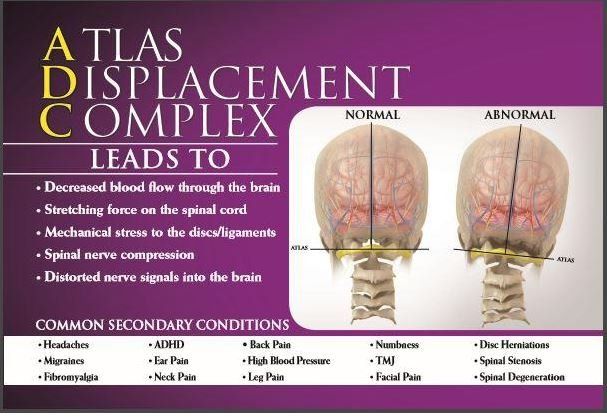
How Upper Cervical Chiropractic Works: What to Expect
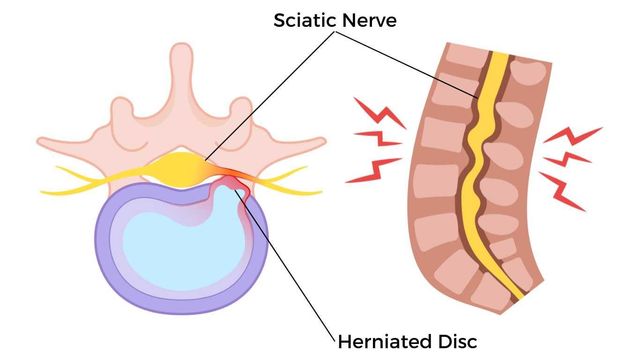
Sciatica: Managing Radiating Leg Pain with Ease in Singapore
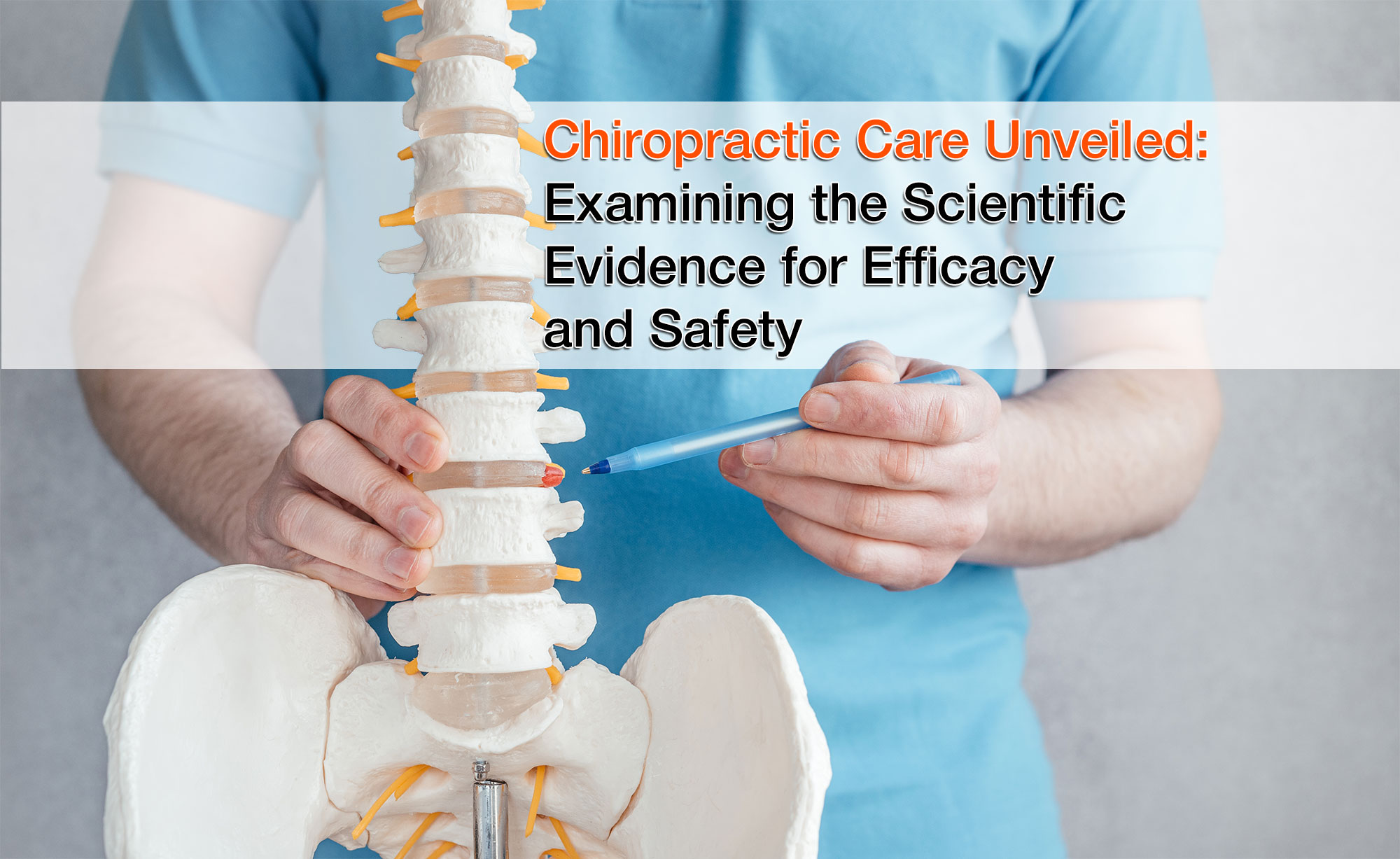
Chiropractic Care Unveiled: Examining the Scientific Evidence for

Chiropractic for athletes: Unlocking the potential of peak performance

